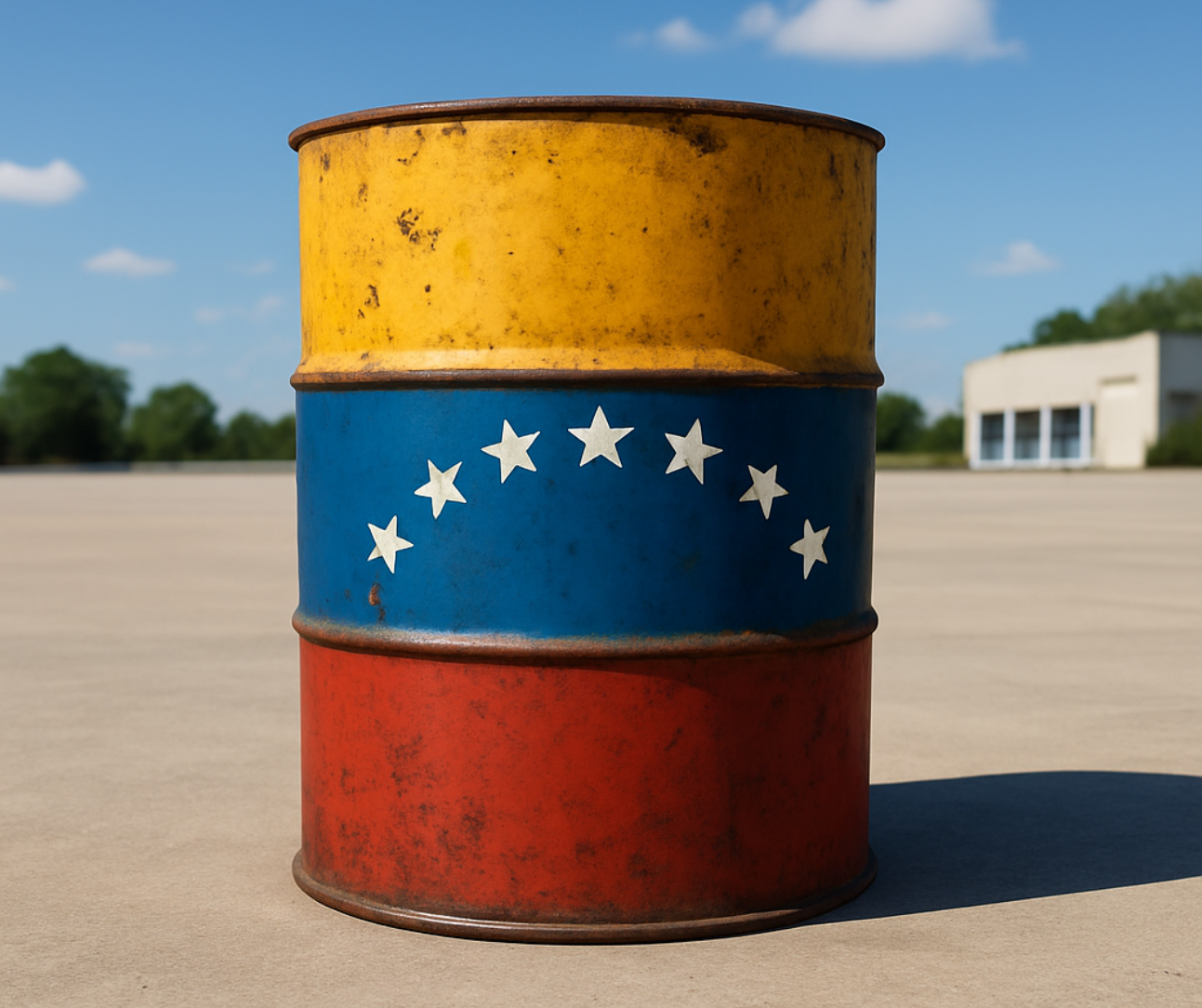Marcus, the PRAGMA platform is global in nature so whilst energy leaders in the UK will be familiar with Kellas, please can you share an overview of the organisation for our readership.
Kellas is an energy infrastructure company. Our assets bring a shore around 40% of all UK-produced gas from the North Sea – that’s the equivalent of providing heating to 10 million homes every day.
CATS is our flagship asset, comprising over 400km of pipeline, a riser platform and a gas terminal on Teesside. Right next to the CATS terminal we are developing H2NorthEast in partnership with SSE Thermal. This will be a 1GW low carbon hydrogen production facility that has been designated as a Nationally Significant Infrastructure Project by UK Government. H2NorthEast can help accelerate the decarbonisation of energy-intensive industries across Teesside,and play a vital role in the UK’s transition to net zero. It will unlock £2 billion of investment, support thousands of jobs across the region, and contribute up to 10% of the UK’s 10GW hydrogen production target.
Kellas' recent thought piece 'Gas Facts' is an interesting resource for executives from in and outside of the industry highlighting information around the UK gas market – what was the thought process behind the campaign and what kind of impact has this had?
The Gas Facts document presents publicly available information and underscores our firm belief that a responsibly managed energy transition, one that is consistent with the UK’s net zero targets, is best achieved with private sector investment in UK domestic gas that can in turn help fund the energy transition.
The Climate Change Committee and NESO recognise that even in the case of a highly successful energy transition, UK gas demand extends beyond 2050 and requires significant imports, mainly from Norway, the USA, Qatar and even Peru. For as long as there is UK gas demand, the government should permit new UK gas production. Within the energy transition, the UK still has an increasing gas deficit meaning that by 2030 we will import over 75% of our gas demand – an increase of 50% from current levels.
Over 20 million UK homes, as well as many public buildings and offices, rely on gas for heating, and the transition to other sources of heat and power will take another 15 to 25 years. The opportunity to reduce the rate of decline of UK production is very real and needs to be highlighted, along with the clear benefits of UK produced gas, particularly from smaller new gas fields.
UK society would benefit from a level playing field for UK gas which can be a vehicle for significant net zero compatible growth. Incremental UK gas fields have far lower supply emissions than LNG imports (by about 20 times in the case of some USA LNG) and even lower than Norwegian pipeline gas. However, territorial net zero targets enshrined in the 2008 Climate Change Act could encourage increased global emissions if they drive the UK to prefer imports, thereby ‘offshoring’ UK emissions.
New UK gas fields would pay billions in UK tax and employ thousands of people in the design and construction phases. Gas imports do not do either, but require billions of pounds of UK payments to overseas gas suppliers in order to heat UK homes.
How has Kellas engaged with the recent NESO report and what facets of the piece did you take most value/interest from?
Our focus on NESO’s Future Energy Scenarios (FES) has given us the opportunity to engage with the NESO team on UK hydrogen and natural gas supply, and we would encourage others to do the same.
Finally- what does 2025 look like for Kellas?
We will continue to operate our existing gas assets safely, efficiently and responsibly, while remaining focused on our vision to supply affordable low carbon hydrogen to key UK industrial heartlands.
Our H2NorthEast project completed front end engineering and design (FEED) at the start of the year and we now keenly await the further policy decisions from government about Track 1 Expansion. We stand ready to move forward with project development to support industry decarbonisation on Teesside.
UK society would benefit from a level playing field for UK gas within the framework of net zero and the energy transition, and Kellas will continue to engage with the upstream energy industry and policymakers on offshore gas licensing and the territorial emissions issue.
Additionally, following our investment in the Tolmount gas field, we continue to target new gas projects in which to invest capital and provide gas processing services, both in the UK and overseas.
Marcus Paige is Corporate Development Officer at Kellas Midstream, responsible for external stakeholder engagement and business development for the company’s UKCS upstream activity.
Prior to joining Kellas in 2020, Marcus originally trained and worked as a geologist in the 90s, before moving into a variety of commercial and business development roles for major energy companies and energy start-ups.
The majority of his career has been growing companies on the UKCS along with five years of acquisitions and divestment responsibility for a regional player’s upstream portfolio covering the North Sea, EMEA, FSU and Pakistan.




